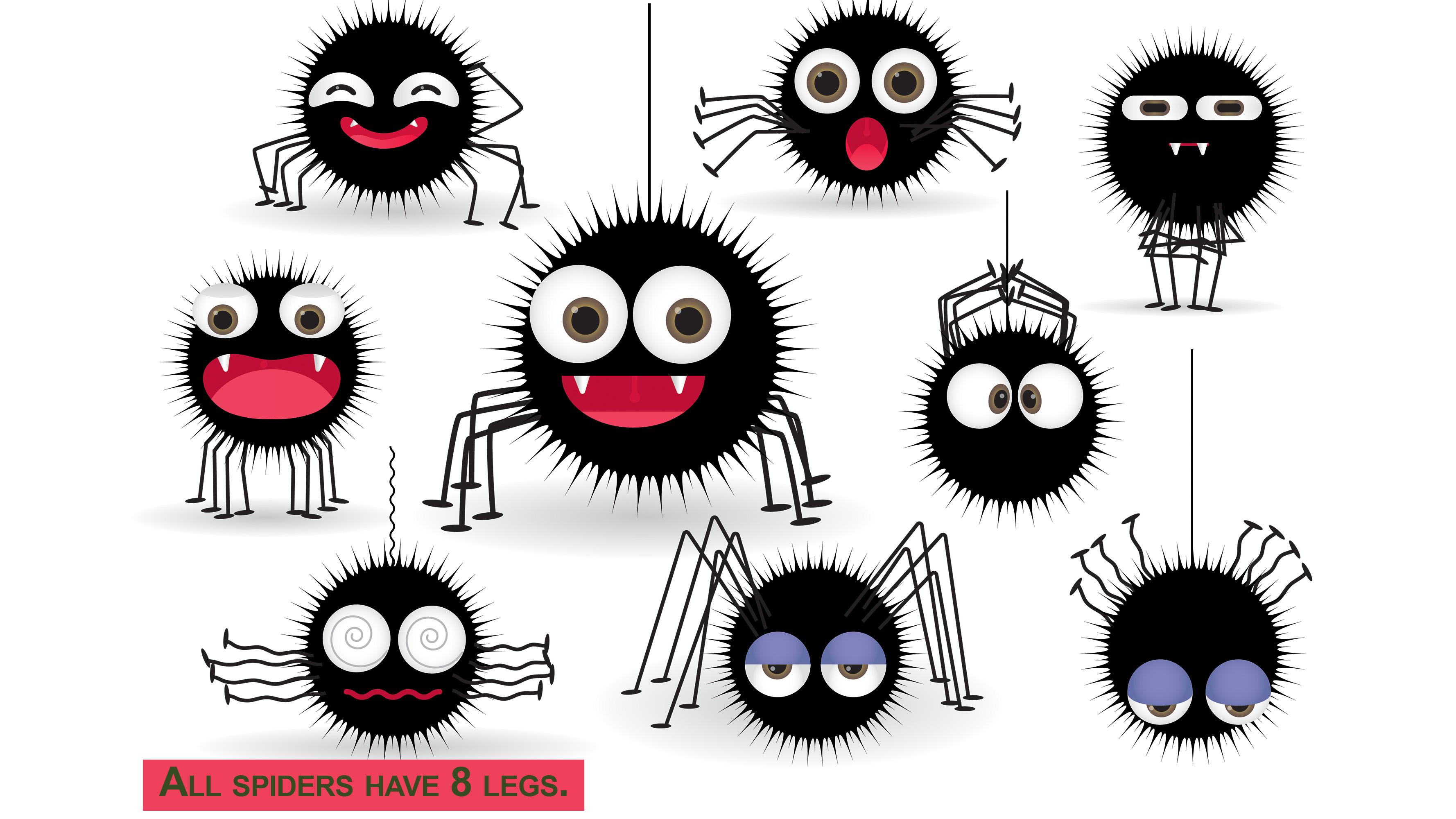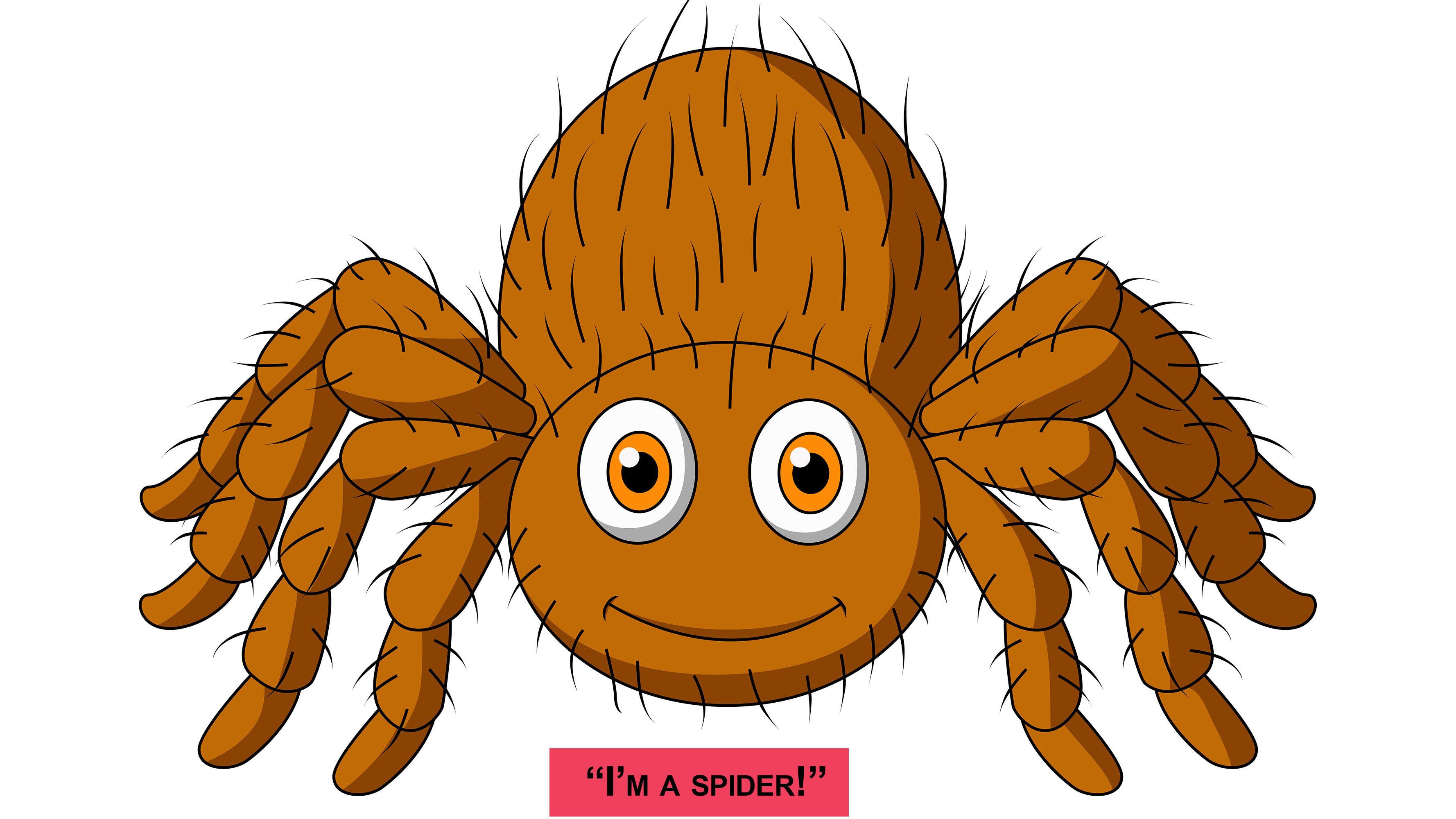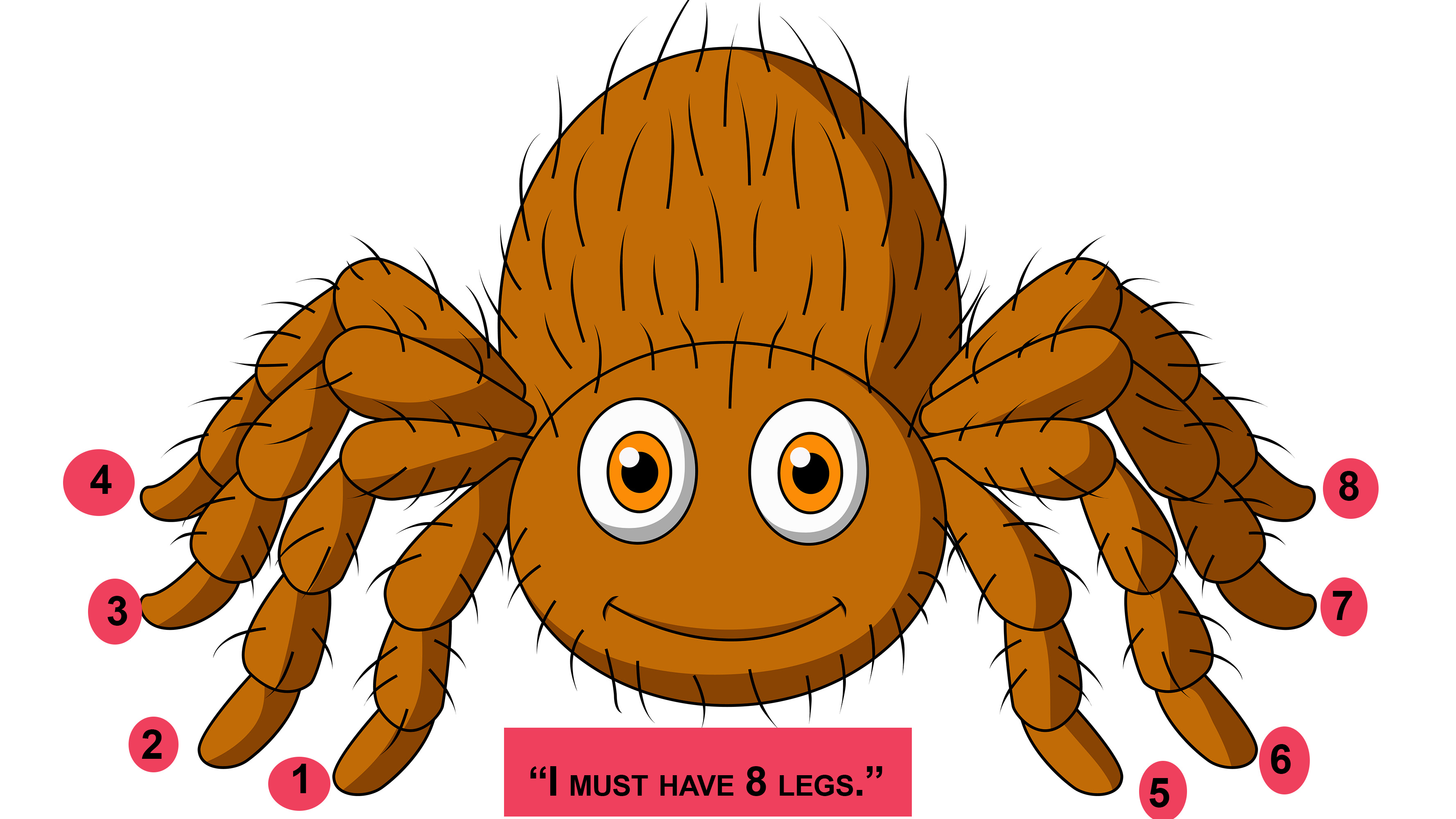what term does not refer to a type of reasoning?
Deductive reasoning vs. Anterior reasoning
You don't have to be Sherlock Holmes to utilize your powers of deductive reasoning … or would that be inductive reasoning?
What's the divergence between inductive and deductive reasoning?
During the scientific process, deductive reasoning is used to accomplish a logical and true conclusion. Another type of reasoning, inductive, is also commonly used. People oftentimes confuse deductive reasoning with inductive reasoning; however, of import distinctions split these two pathways to a logical determination.
What is deductive reasoning?
Deductive reasoning, also known as deduction, is a basic grade of reasoning. It starts out with a general statement, or hypothesis, and examines the possibilities to reach a specific, logical decision, according to Norman Herr (opens in new tab), a professor of secondary education at California State Academy in Northridge The scientific method uses deduction to test hypotheses and theories, which predict certain outcomes if they are right, said Dr. Sylvia Wassertheil-Smoller, a researcher and professor emerita at Albert Einstein College of Medicine.
"We go from the general — the theory — to the specific — the observations," Wassertheil-Smoller to
In deductive reasoning at that place is a first premise, and so a second premise and finally an inference (a conclusion based on reasoning and evidence). A mutual class of deductive reasoning is the syllogism, in which two statements — a major premise and a minor premise — together reach a logical conclusion. For instance, the major premise "Every A is B" could be followed past the minor premise, "This C is A." Those statements would lead to the conclusion "This C is B." Syllogisms are considered a good manner to exam deductive reasoning to make sure the argument is valid.



For example, "All spiders have eight legs. A tarantula is a spider. Therefore, tarantulas accept eight legs." For deductive reasoning to be audio, the hypothesis must exist correct. It is causeless that the statements, "All spiders have eight legs" and "a tarantula is a spider" are true. Therefore, the conclusion is logical and true. In deductive reasoning, if something is truthful of a class of things in full general, information technology is also true for all members of that class.
Deductive conclusions are reliable provided the premises are truthful, according to Herr. The argument, "All bald men are grandfathers. Harold is bald. Therefore, Harold is a grandad," is valid logically, but it is untrue considering the original premise is false.

What is inductive reasoning
While deductive reasoning begins with a premise that is proven through observations, inductive reasoning extracts a probable (but not certain) premise from specific and express observations. There is information, then conclusions are drawn from the data; this is called inductive logic, co-ordinate tothe University of Illinois (opens in new tab) in Springfield.
"In inductive inference, we go from the specific to the general. We brand many observations, discern a pattern, make a generalization, and infer an caption or a theory," Wassertheil-Smoller told Live Scientific discipline. "In science, at that place is a constant interplay betwixt inductive inference (based on observations) and deductive inference (based on theory), until we go closer and closer to the 'truth,' which we can only arroyo only non ascertain with complete certainty."
In other words, the reliability of a decision fabricated with inductive logic depends on the abyss of the observations. For instance, permit's say that you accept a purse of coins; y'all pull iii coins from the bag, and each coin is a penny. Using inductive logic, you might then propose that all of the coins in the pocketbook are pennies."Even though all of the initial observations — that each coin taken from the bag was a penny — are right, inductive reasoning does not guarantee that the decision will exist true.
Here's some other example: "Penguins are birds. Penguins tin can't fly. Therefore, all birds can't wing." The conclusion does not follow logically from the statements.
Nevertheless, anterior reasoning has its place in the scientific method, and scientists use information technology to form hypotheses and theories. Deductive reasoning then allows them to utilise the theories to specific situations.
Deductive reasoning examples
Here are some examples of deductive reasoning:
Major premise: All mammals have backbones.
Minor premise: Humans are mammals.
Conclusion:Humans have backbones.
Major premise: All birds lay eggs.
Minor premise:Pigeons are birds.
Decision: Pigeons lay eggs.
Major premise:All plants perform photosynthesis.
Minor premise:A cactus is a institute.
Decision: A cactus performs photosynthesis.
Inductive reasoning examples
Here are some examples of inductive reasoning:
Data:I meet fireflies in my backyard every summer.
Hypothesis:This summertime, I will probably see fireflies in my lawn.
Data:Every dog I meet is friendly.
Hypothesis:Nearly dogs are commonly friendly.
Data:I tend to catch colds when people effectually me are sick.
Hypothesis: Colds are infectious.
What is abductive reasoning
Another grade of scientific reasoning that diverges from inductive and deductive reasoning is abductive. Abductive reasoning usually starts with an obviously incomplete fix of observations and proceeds to the likeliest possible explanation for the data, co-ordinate to Butte College (opens in new tab) in Oroville, California. It is based on making and testing hypotheses using the all-time information available. It often entails making an educated gauge after observing a phenomenon for which there is no clear explanation.
For example, a person walks into their living room and finds torn-up papers all over the floor. The person's dog has been alone in the apartment all day. The person concludes that the dog tore up the papers because it is the most probable scenario. It'due south possible that a family fellow member with a key to the apartment destroyed the papers, or it may have been done by the landlord, but the dog theory is the well-nigh likely conclusion.
Abductive reasoning is useful for forming hypotheses to be tested. Abductive reasoning is often used by doctors who make a diagnosis based on test results, and by jurors who make decisions based on the evidence presented to them.
Additional resources
- This guide from Scholastic (opens in new tab) provides ideas for teaching younger kids all about scientific reasoning.
- PBS has put together some video clips and games (opens in new tab) nearly deductive and inductive reasoning.
- This book written by Christopher Moore (opens in new tab) provides information on how to apply scientific reasoning in the classroom.
Source: https://www.livescience.com/21569-deduction-vs-induction.html
0 Response to "what term does not refer to a type of reasoning?"
Postar um comentário